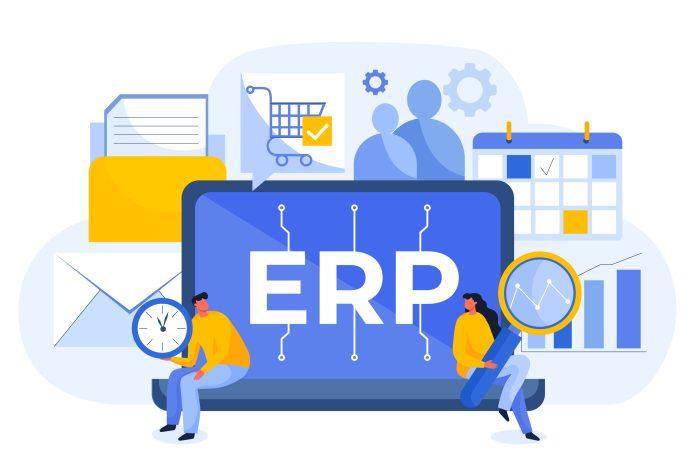Business process automation has become a common practice in many companies, and one way to achieve this is through the implementation of Enterprise Resource Planning (ERP) systems. ERP is an integrated software designed to automate business processes and help manage resources more efficiently. The effectiveness of ERP implementation relies on proper maintenance and processes. If the implementation process is not executed well, the ERP deployment in a company may fail. A failed ERP implementation can lead to financial losses and decreased efficiency. Here are several causes of ERP implementation failure that you should avoid:
Unclear Objectives
Unclear objectives can significantly hinder the success of an ERP implementation. When the goals are not clearly defined or are too broad, it becomes challenging to measure progress and determine if the implementation is meeting the desired outcomes. To avoid this, organizations should take the time to thoroughly analyze their business processes, identify pain points, and set specific, realistic objectives for the ERP implementation. Clear objectives provide a roadmap for the implementation process and help align stakeholders’ expectations.
Lack of Open Communication
Communication plays a pivotal role in the success of an ERP implementation. It is crucial to establish open lines of communication among all stakeholders, including top management, employees, and the ERP implementation team. Lack of communication can lead to misunderstandings, resistance to change, and ultimately, project failure. Organizations should foster a culture of transparency and encourage regular communication channels, such as team meetings, progress reports, and feedback sessions. Effective communication ensures that everyone is on the same page, understands the implementation process, and can address any challenges or concerns promptly.
Lack of Adjustments in Other Aspects
Implementing an ERP system often necessitates adjustments in various areas of the organization. These adjustments may include changes to business processes, job roles, and responsibilities, as well as organizational culture. Failure to adapt these aspects to align with the new ERP system can result in inefficiencies and suboptimal utilization of the system’s capabilities. Organizations should conduct a comprehensive analysis of their existing processes, identify areas for improvement, and make the necessary adjustments before and during the ERP implementation. This proactive approach ensures that the organization can fully leverage the benefits of the ERP system.
Furthermore, organizations must prioritize data migration and integration during the implementation process. Data migration involves transferring data from legacy systems to the new ERP system accurately and efficiently. Inadequate planning and execution of data migration can lead to data inconsistencies, loss of critical information, and operational disruptions. To ensure a smooth transition, organizations should develop a robust data migration strategy, cleanse and validate the data, and conduct thorough testing before going live with the ERP system.
Insufficient Expert Team
Having a skilled and dedicated implementation team is essential for a successful ERP deployment. The team should consist of individuals with expertise in project management, business analysis, technical configuration, and change management. These experts play a crucial role in guiding the implementation process, resolving technical issues, and ensuring effective user adoption. Additionally, collaborating with external consultants who specialize in ERP implementation can bring valuable insights and industry best practices to the project. A well-rounded and competent implementation team increases the chances of a successful ERP implementation.
Inadequate User Training
Users’ understanding and proficiency in utilizing the ERP system are critical for achieving the desired benefits and outcomes. However, inadequate user training is a common pitfall in ERP implementations. Organizations should invest in comprehensive and ongoing training programs that cater to different user roles and levels of proficiency. Training should cover not only the technical aspects of using the ERP system but also the underlying business processes and workflows. This equips users with the necessary knowledge and skills to navigate the system effectively, input accurate data, and leverage the system’s functionalities to optimize their work. Continuous support and refresher training sessions further enhance user confidence and adoption.
By avoiding these pitfalls and addressing the key factors discussed, organizations can significantly increase the likelihood of a successful ERP implementation. A well-planned and well-executed implementation process sets the foundation for improved operational efficiency, better decision-making, and increased competitiveness in the digital era.
Conclusion
ERP implementation is a form of business process automation widely adopted by companies. However, successful ERP implementation is not guaranteed and often ends in failure. Hence, companies must avoid several factors that contribute to ERP implementation failure. Some of the causes include unclear objectives, lack of communication, inadequate training, resistance to adaptation, insufficient expert teams, and inadequate user training.
